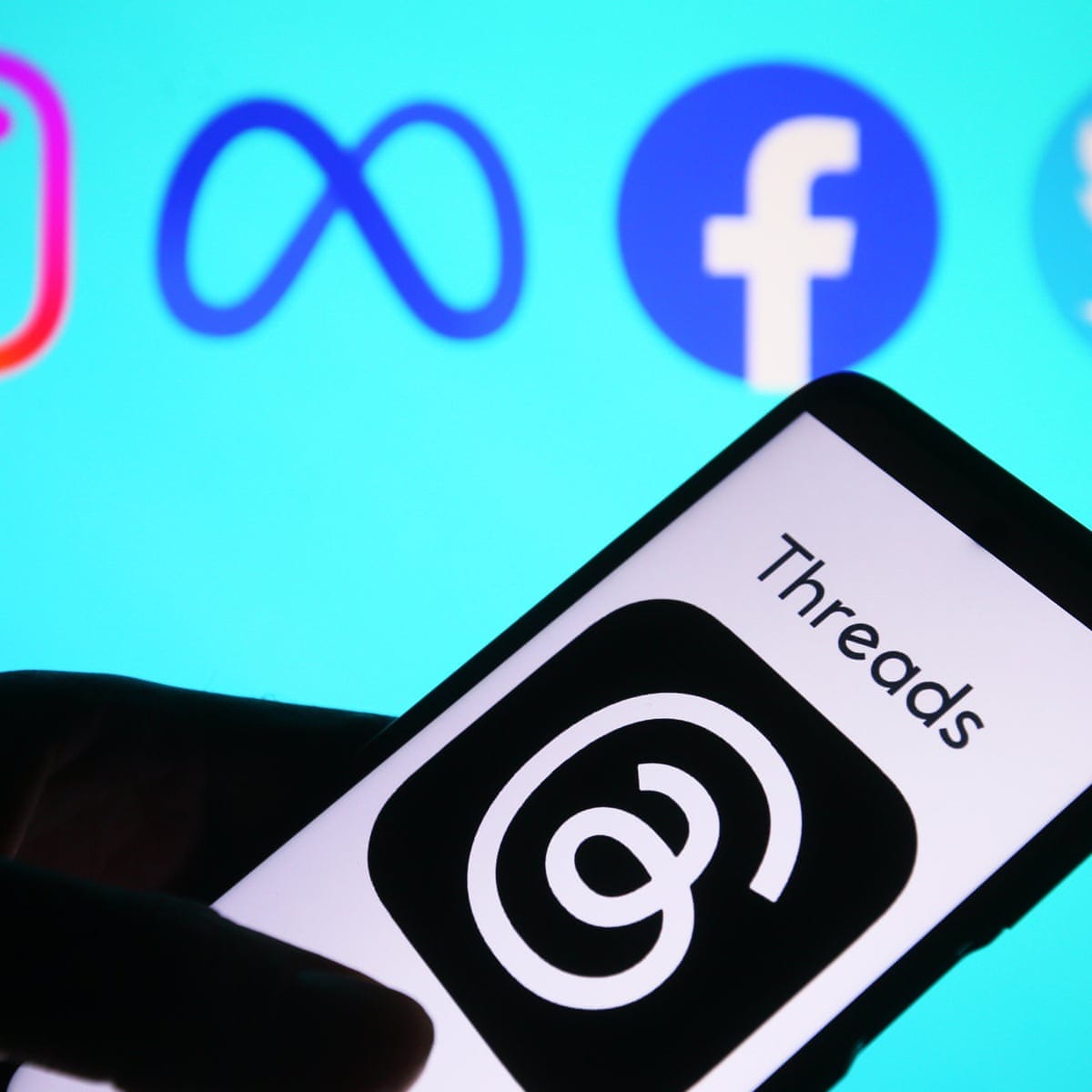Threads Isn't Toxic Enough
Why I'm sticking with Twitter For Now
Catch-up service: last week’s Ruffian was about how geniuses are made.
I’m going to write short this week, probably to your relief. I’ve been unusually busy, travelling to Coventry (I wasn’t sent, I was invited to give a talk on AI and business) then to Cambridge for a conference on economic growth organised by the excellent Civic Future, then to Sheffield to see Pulp play their home town. So I thought I’d do a brief note on my social media usage, a fundamentally trivial but weirdly compelling subject (already covered this week, more wittily, by friend-of-the-Ruffian Helen Lewis).
For me, coming across this post by Ben Fogle was the point at which I realised that Threads is unlikely to be my bag:
Kill me now.
The story has been that Threads is “Twitter but Nice”. But I think Nice Twitter might be even worse than Toxic Twitter.
Threads presents itself as a space for public discussion without the angry disagreements that flare up on Twitter anytime you don’t post about kittens, and sometimes when you do. But the biggest problem with Twitter isn’t toxic disagreement; it’s toxic agreement.
The most maddening sight on Twitter is people enthusiastically agreeing with each other. Every day, herds of tweeters instantly rally around (their version of) The Correct Opinion on today’s trigger topic. Everyone offers, at best, minor variations on the theme and rarely develop it with any original thought. I’m as guilty of this behaviour too sometimes and I get why people do it as individuals. But at scale it becomes smug and sickly and mindless, infuriating even when you agree with the opinion.
So given the choice, I’d prefer a space where people noisily and rudely disagree with one another to one where people insist on agreeing with each other, as if agreement itself is a virtue.
Threads is so keen to avoid ‘toxic disagreement’ that it wants to avoid politics altogether:
Without political conflict, Threads simply won’t be interesting. It will be another Clubhouse, which was the last attempt to create a Twitter replacement. Clubhouse failed to take off despite a lot of hype, because it worked too well. By making conversations ‘in person’ (over audio) it hoped to avoid bad-tempered disagreement, and it succeeded, which made it very boring. Our natural instinct is to be polite to strangers in person works very well for society at large, but for any kind of online ‘public square’ it’s disastrous. Online discourse thrives on negative emotions.
What we need is Twitter without the Musk-induced chaos. Though I believe that Musk is a net good for humanity - because of Tesla and Space X - his Twitter venture has been a display of almost unmitigated clownery. I say “almost” because there are a couple of things that he or his team have introduced that I think are improvements. The Community Notes feature is a genuinely useful way to check the spread of false claims. I like the For You feed, which helps me catch on tweets and replies I missed from the tweeters I pay most attention to, and sprinkles in a pretty well-curated list of strangers with it. I go to it when I’m bored with my feed; sometimes you want to go to a party because your friends aren’t there.
But other than that Twitter has got more ragged, ugly, bot-ridden and generally unpleasant to use. Although not by so much that I want to stop using it.
Threads is Twitter without the spicy sauce (which is to say, Instagram). Of course, the sauce has side-effects: horrible trolling, aggressive stupidity, endless peeving. But much of what we dislike about Twitter is being confronted with the awful truth that there are lots of people out there with Bad Opinions, which is not something we have to think about so much in our offline life. Having the glorious and appalling diversity of human opinion pushed in your face every day is maddening and depressing - and yet somehow compelling too.
Ultimately I feel the same about Twitter as Philip Roth’s greatest character, the raging misanthrope Mickey Sabbath, does about life itself. At the end of Sabbath’s Theatre, Mickey considers the possibility of suicide, and finds he can’t go through with it:
“How could he leave? How could he go? Everything he hated was here.”
If you’re interested in thoughts on how conflict and disagreement can be productive, check out my book or invite me to speak on it. After the jump, juicy gobbets of brainfood from my week’s reading, including a superb long read on Twitter; what science tells us about the art of good conversation; what makes for great UX; and one of the few trends in recent British history to be cheerful about. If you haven’t yet signed up for a paid sub, why not try it now? It’s very straightforward and in real terms quite a bit cheaper than it was a year ago. Paid subs are what enable me to do this at all.






